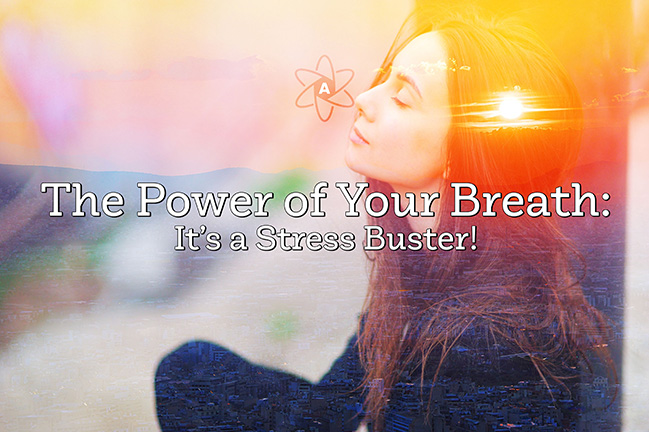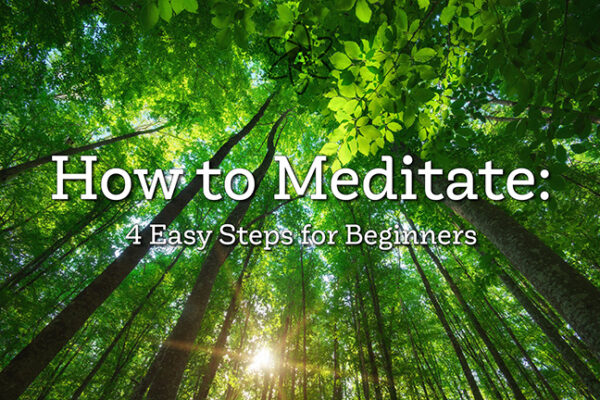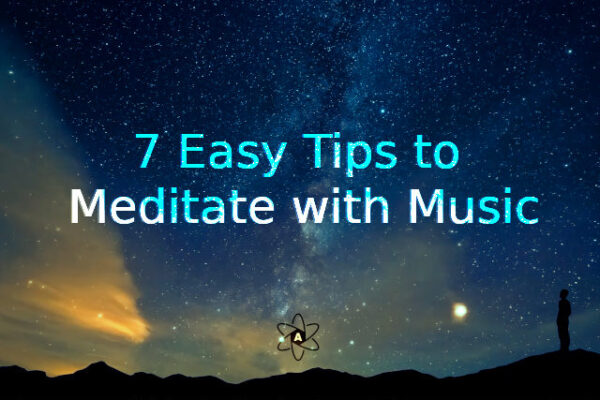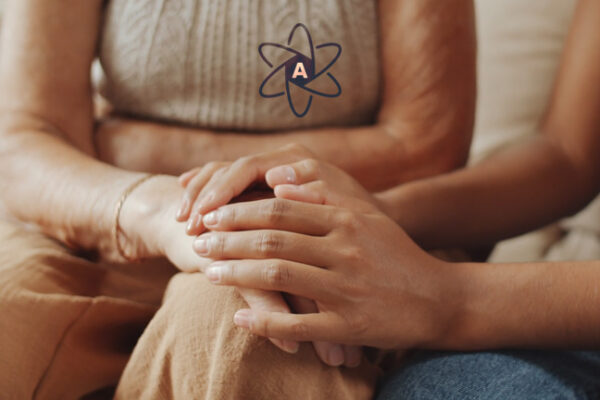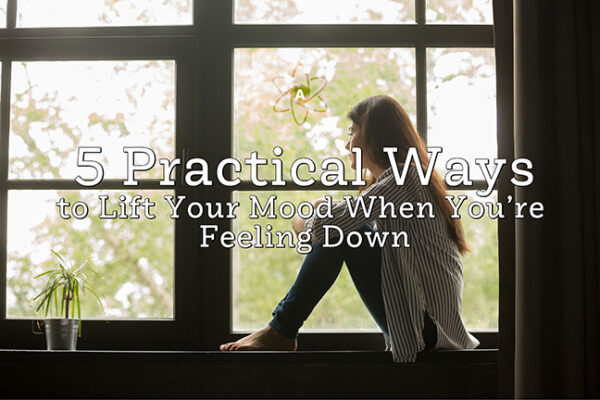Subscribe to our YouTube channel
We all experience stress, and for some, stress can be a real hindrance to enjoying life. There are many ways to deal with stress, if it is dealt with at all! Some ways to deal with stress include seeking therapy, taking medication, exercising, and using cognitive strategies. Cognitive strategies include replacing troublesome thoughts with more realistic ones. However, most overlook one of the most powerful stress busters in existence. What I am referring to is your breath.
To better understand how the breath reduces stress, we first need to look at the stress reduction system found in your body. The odds are that you have heard of the term “fight or flight” response. Let’s say that there is an antelope on the plains of Africa. The antelope is in a relaxed state as it grazes on the grasses. Suddenly, the antelope detects a lion crouching behind the tall grass in the distance. The antelope immediately goes into a state of high alert. It must decide whether to run away (fight) or defend itself (fight).
The “fight or flight” response is controlled by the part of the nervous system known as the sympathetic nervous system. When we perceive a threat, our minds and bodies kick in to protect us. Our heartbeat and blood pressure increase along with other changes to the body, and our minds become reactive in that our ability to think rationally is diminished.
Let’s say that the antelope can successfully run away from the lion. The antelope’s body returns to a relaxed state. Its bodily functions return to normal and resume grazing on the grass. The relaxed state is made possible by another part of the stress reduction system, known as the parasympathetic nervous system. When the threat we face is no longer an issue, our parasympathetic nervous system causes our heartbeat and blood pressure to return to normal levels, and we can think more clearly.
Having said all this, we can return to the topic of the breath. How you breathe will determine whether you activate your sympathetic or parasympathetic nervous system. When we take shallow breaths, we take in less oxygen. Because less oxygen is entering the body, we become anxious or stressed. This response is a sign that the sympathetic nervous system has kicked in. We are in “fight or fight” mode. When we breathe deeply, we activate the sympathetic nervous system, which returns our bodies to a relaxed state.
Most of us do not breathe correctly, in that we take shallow breaths. One reason for this is that we live in a time where continuous pressures are placed on us. It could be said that many of us are continuously living in a “fight or flight” existence. One of the reasons why we feel more relaxed after exercising or meditating is that we breathe more fully when engaged in these activities.
Next time you meditate, pay attention to your breath. Notice how you breathe when you are feeling relaxed. Practice breathing this way each day, and it will eventually become your default way of breathing!

